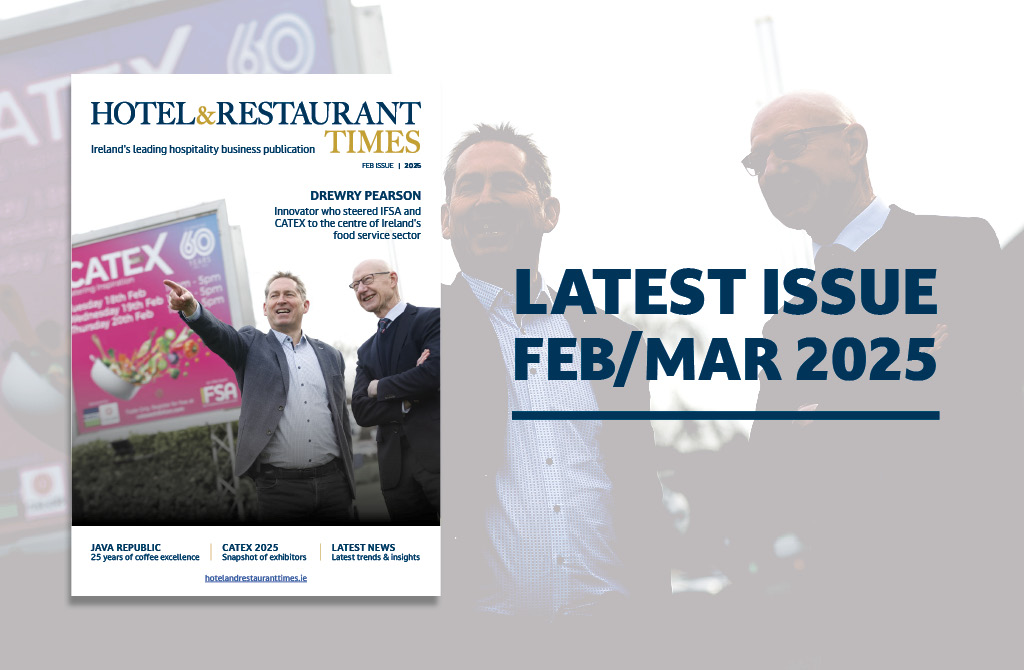
The Restaurants Association of Ireland (RAI) has this morning launched a new report which finds that the average closure of a restaurant leads to losses of up to €1.36 million to the State and economy and results in the loss of 22 direct jobs
The report titled ‘The Economic Impact of Restaurant Closures’ was conducted by leading economist Jim Power and commissioned by the RAI.
Latest figures show that 212 restaurants, cafés and other food-led businesses have shut their doors for good so far in 2024, meaning a total loss of up to €288 million to the economy and State already this year.
According to the report, the closure of one restaurant results in the loss of 22 direct jobs on average. Additionally, there is also a significant loss of €576,554 in gross wages, €115,310 in payroll taxes to the Exchequer, €105,000 in VAT receipts, €11,874 in commercial rates to local authorities and €4,583 in water charge receipts, among other impacts.
The RAI has long called for a return of the 9% VAT rate for food-led businesses to ensure long-term viability for the industry – a proposal the Department of Finance estimates would cost in the region of €545 million per annum.

As such, after only 400 restaurant closures that would not have otherwise occurred under the 9% VAT rate, the State begins to lose more money than a return of the lower rate would cost.
Commenting on the release of the new report, Adrian Cummins, CEO of the Restaurants Association of Ireland, said:
“The social impact that the loss of a local restaurant or café has on communities, particularly in rural areas, is well understood. For the first time, this new report lays out the stark economic reality of how damaging food-led hospitality closures are to the State and the economy.
“The assumption among civil servants and in certain other quarters that where one restaurant closes down, another will shortly open is unfounded – particularly in parts of the country outside of Dublin.
“When a local restaurant or café closes and its staff are laid off, it is not a simple case of them finding another good job nearby or the business reopening under new ownership. Those living and working in areas with shuttered-up premises can attest to this.
“The Government must reduce the VAT rate to 9% to make the food-led hospitality industry viable again and protect local businesses and local jobs. It is the only way they can achieve this, it is the only show in town.”
Following the publication of ‘The Economic Impact of Restaurant Closures’, economist Jim Power, author of the report, said:
“This report makes it clear that the question for the Government is now not whether it can afford to return the 9% VAT rate or not, but how it can possibly afford not to.
“If the Government waits until October’s Budget to take meaningful action to save Ireland’s local, independent restaurants and cafés – as it appears it currently plans on doing – it will result in substantial losses for the State, while communities will be deprived of cherished social outlets.”
Full report: Economic and Financial Impact of Restaurant Closures by Restaurant Association of Ireland











